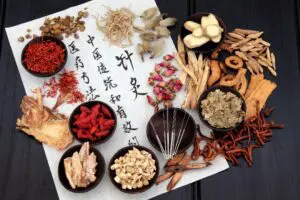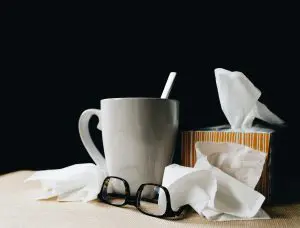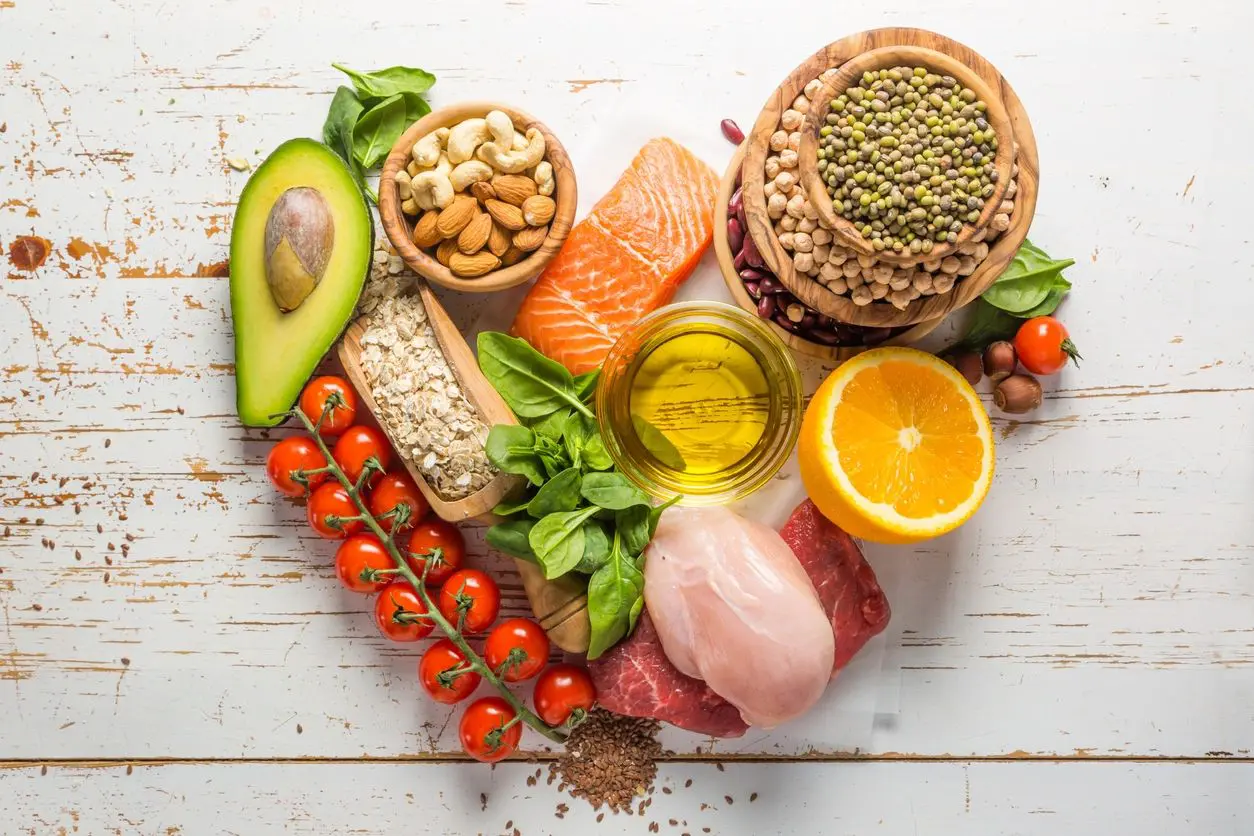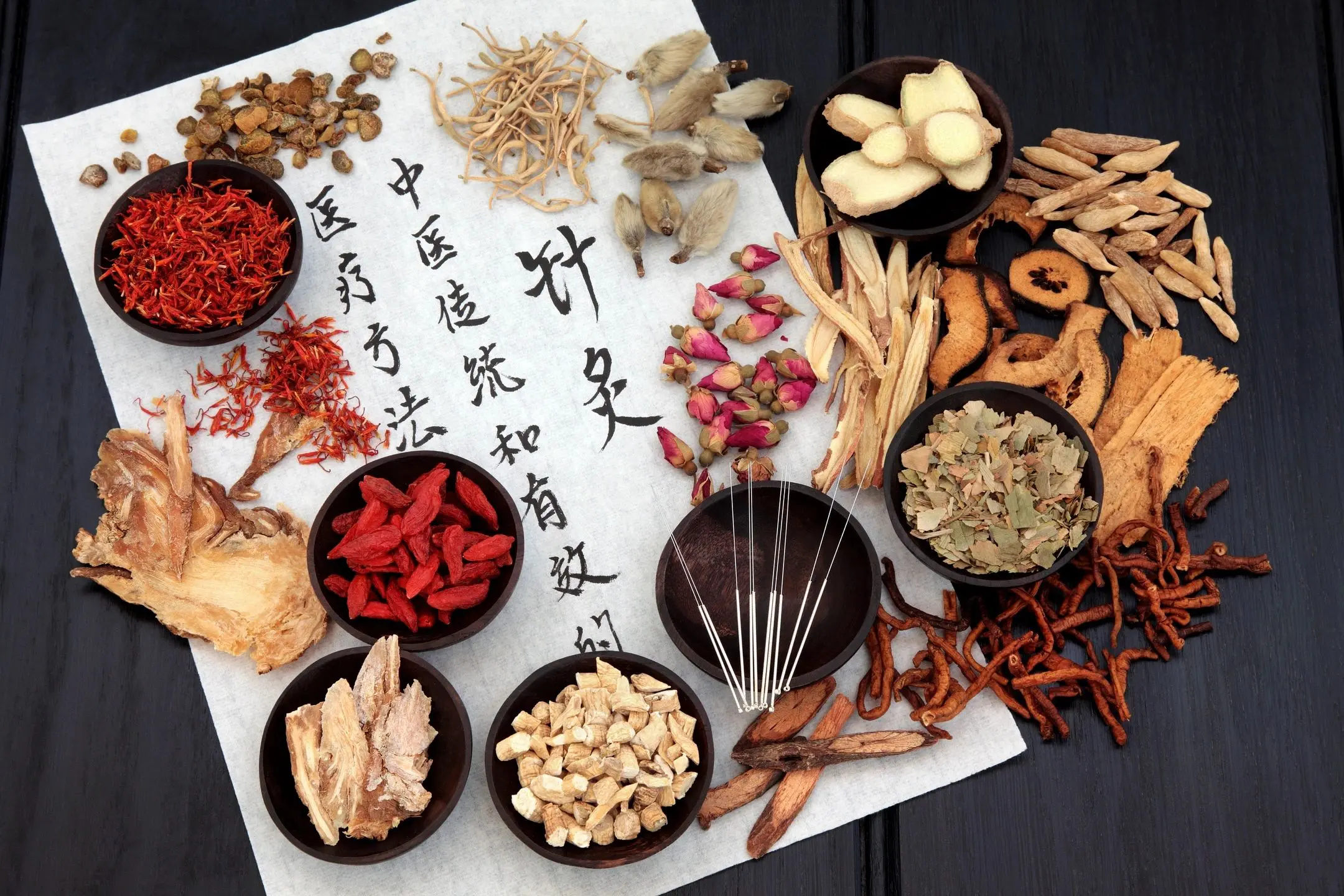Depression is a complex health condition that has existed since the beginning of civilization. Likewise, people have been looking for relief from mental health issues for just as long. While pharmaceutical drugs have only been around for a few hundred years, holistic approaches such as Chinese medicine have been around for thousands.
If you’ve taken mood-stabilizing drugs, you know they come with significant side effects. You just don’t feel like yourself. Your zest for life seems to be gone, and you have to deal with physical side effects as well.
Herbal medicine offers relief from depression without the drawbacks typically associated with medication. This holistic perspective recognizes that depression impacts various aspects of our lives, including physical, emotional, and spiritual well-being. Everyone is different, of course, so results will vary. Before starting any new herbal medicine program, consult with experts such as those at Thriving Wellbeing. We can provide personalized wellness advice while also recommending additional therapies such as acupuncture, cupping, Gua Sha, and more.
Herbal Medicine Targets Underlying Imbalances
Herbs have played a significant role in traditional medicine systems such as Ayurveda, Traditional Chinese Medicine (TCM), and Native American healing practices for centuries. They offer a natural and gentle way to support mental health by targeting not only the symptoms but also the underlying imbalances contributing to depression.
Said another way, depression is sometimes a symptom, not a cause. Even if a pill can boost your dopamine or serotonin receptors, the underlying issue continues. Herbal remedies often restore balance to the body and lead to better functioning overall.
8 Herbs That Can Help With Depression
- St. John’s Wort (Hypericum perforatum)
St. John’s Wort is one of the most well-known herbal remedies for depression. This bright yellow flowering plant has a long history of use in traditional medicine. It is believed to work by increasing the levels of serotonin, a neurotransmitter associated with mood regulation, in the brain. Several studies have suggested that St. John’s Wort may be as effective as some prescription antidepressants, making it a popular choice for those seeking natural alternatives.
St. John’s Wort can interact with certain medications and may have side effects, so please meet with Thriving Wellbeing before taking it. - Ashwagandha (Withania somnifera)
Ashwagandha is a revered herb in Ayurvedic medicine, known for its adaptogenic properties. It helps the body adapt to stress and promotes a sense of calm and balance. Chronic stress often exacerbates depression, so managing stress is a crucial aspect of holistic depression care. Ashwagandha can reduce levels of cortisol, the stress hormone, and support the overall well-being of both the mind and body. - Rhodiola (Rhodiola rosea)
Rhodiola, also known as “golden root†or “arctic root,†is another adaptogenic herb that helps manage depression. It has been used for centuries in traditional medicine to improve mood and reduce fatigue. Rhodiola helps increase the brain’s sensitivity to serotonin and norepinephrine, two neurotransmitters that play a crucial role in mood regulation. - Lavender (Lavandula angustifolia)
Lavender is well-known for its soothing scent and calming properties. Aromatherapy with lavender essential oil can help alleviate symptoms of depression and anxiety by promoting relaxation and reducing stress. Lavender may also be consumed as a tea or used in culinary dishes to impart its delightful aroma and potential mood-lifting effects. - Chamomile (Matricaria chamomilla)
Chamomile is a gentle and soothing herb for depression known for its calming properties. It can help reduce anxiety and improve sleep quality, two factors closely linked to depression. A warm cup of chamomile tea before bedtime can be particularly beneficial for individuals experiencing insomnia or restlessness due to their depressive symptoms. - Saffron (Crocus sativus)
Saffron, the world’s most expensive spice, has been studied for its potential antidepressant effects. Research suggests that saffron may be as effective as some conventional antidepressant medications in treating mild to moderate depression. This herb is believed to increase serotonin levels in the brain while reducing inflammation, contributing to its mood-enhancing properties. - Passionflower (Passiflora incarnata)
Passionflower is a beautiful flowering vine with calming and sedative properties. It can help reduce anxiety, improve sleep, and alleviate symptoms of depression. The passionflower herb works by increasing the brain’s levels of gamma-aminobutyric acid (GABA), a neurotransmitter that promotes relaxation and reduces anxiety. - Lemon Balm (Melissa officinalis)
Lemon balm is a fragrant herb for depression with a lemony scent and a long history of use in traditional medicine. It has been shown to reduce symptoms of anxiety and depression by promoting relaxation and enhancing mood. Lemon balm can be consumed as a tea, taken in supplement form, or used topically in essential oil form for aromatherapy.
Take a Holistic Approach to Depression. Try Herbal Medicine Today
Herbal medicine offers a holistic approach to addressing depression by considering the interconnected aspects of our physical, emotional, and spiritual well-being. Each of these eight herbs for depression has shown promise in alleviating symptoms.
Remember that herbal remedies should be used as part of a comprehensive approach to managing depression, which may also include therapy, lifestyle changes, and support from loved ones. Depression is a complex condition, and what works best for one person may not be suitable for another, so we recommend personalized care and guidance.
Acupuncture, functional medicine, massage, and other therapies may be required to fully address severe depression. At the end of the day, embracing the power of nature through herbal medicine can be a valuable addition to your journey toward mental and emotional well-being.














